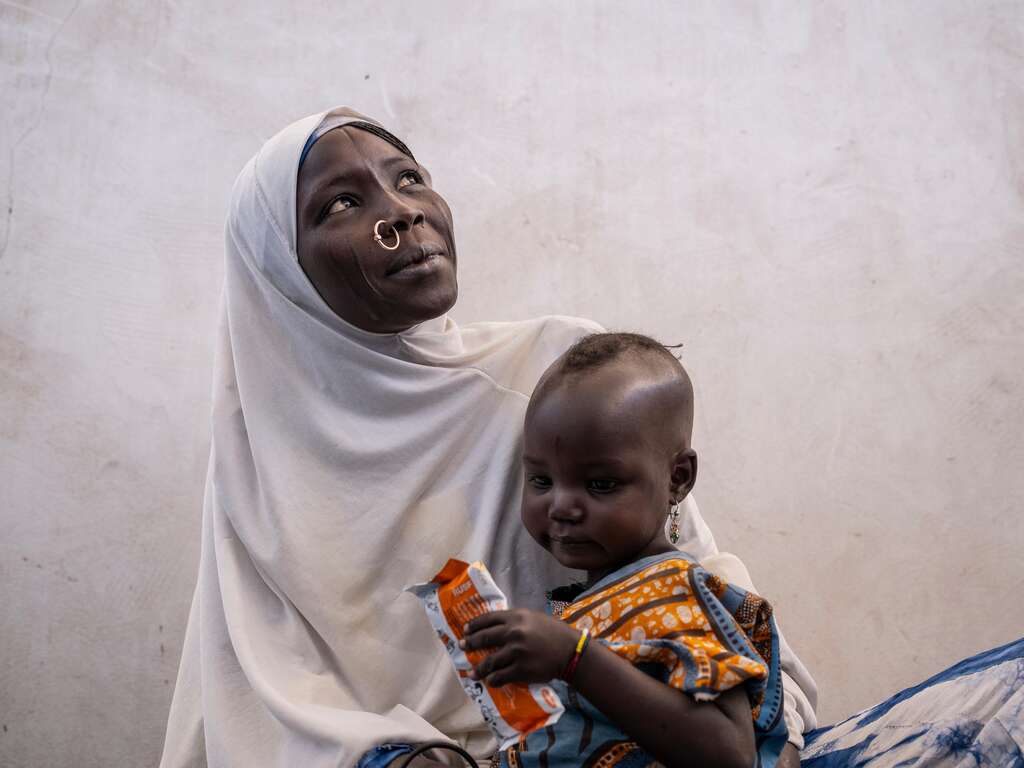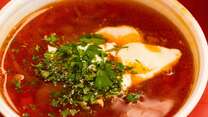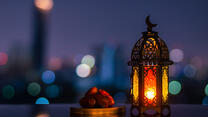As the Christmas season approaches, Ukrainian families who have come to the UK will be keeping their own festive traditions alive. For Oksana and Olha, who both moved in 2022, the holiday season brings back memories of celebrations and spending time with loved ones.
While Christmas away from her home can be difficult, Oksana and Olha are upholding their own traditions to bring their family a little closer to Ukraine.
When is Christmas in Ukraine?
Traditionally, Orthodox Christmas in Ukraine has started on January 6 and lasted until January 19, which is known as the Feast of Epiphany. As of 2017, December 25 became the official government holiday in Ukraine.
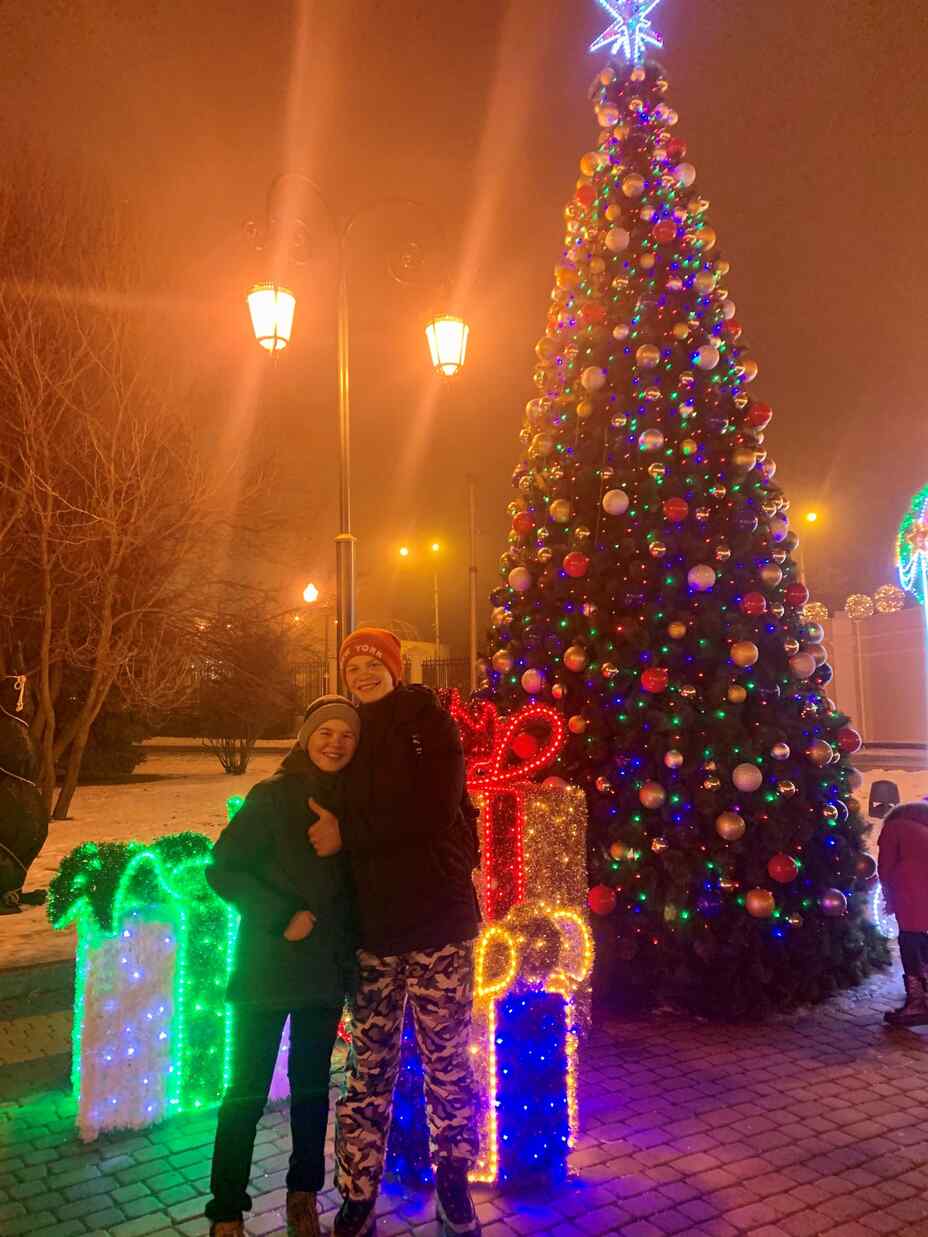
Christmas Eve - known as Holy Eve - is on December 24 and is marked by traditional family gatherings which are called Sviata Vecheria or ‘Holy Dinner’.
Oksana, 45, came to the UK with her two teenage sons when the war escalated in 2022. She is currently living in the New Forest and will be celebrating with her parents and children this year.
As for Olha, 37, she came to the UK with her 14-year-old daughter and nine-year-old son after fleeing her home in Odesa, Ukraine when the war escalated.
Olha explained: “Christmas is a very important holiday for Ukrainians, it is considered the second biggest holiday in Ukraine after Easter.”
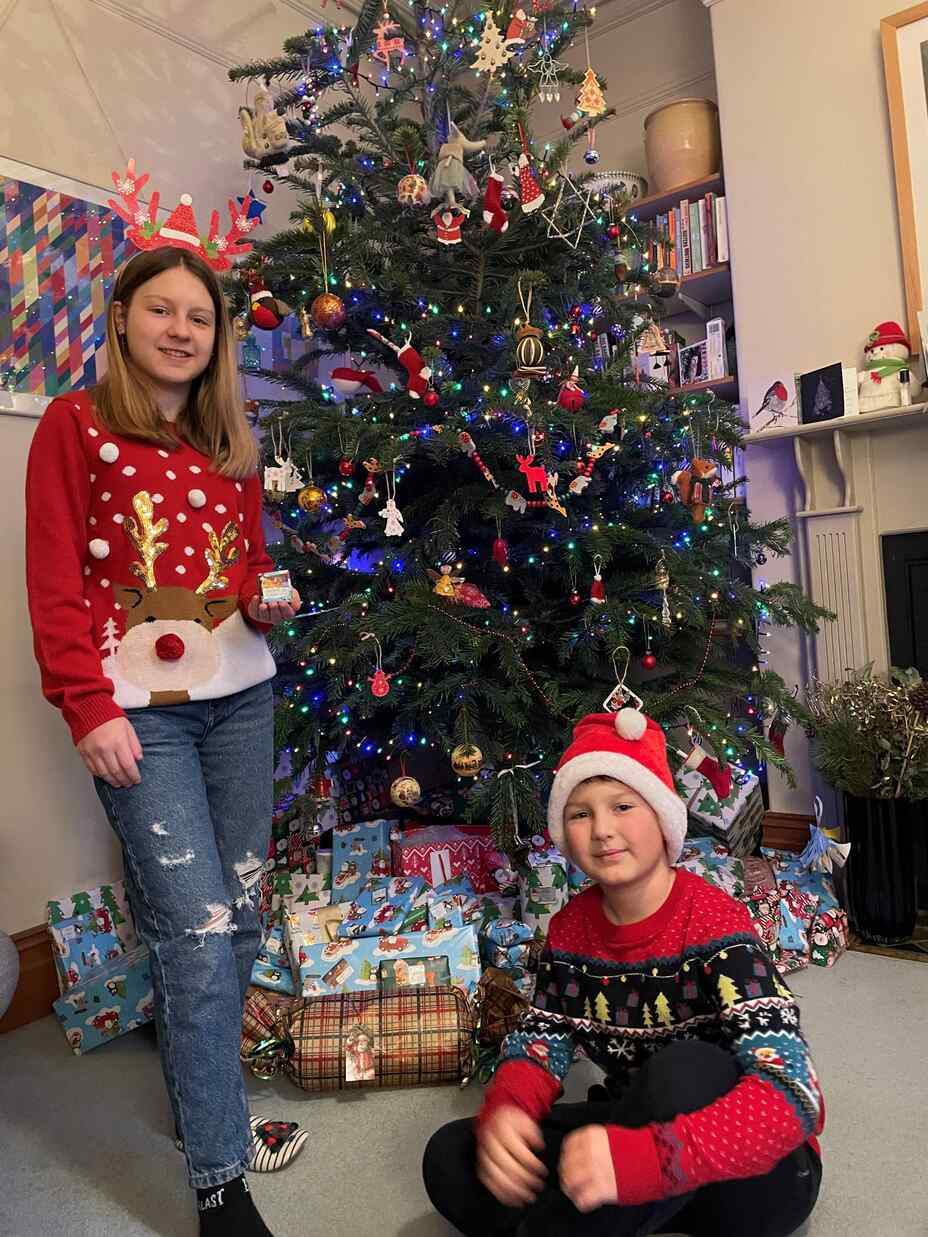
Traditional Christmas food in Ukraine
On the Holy Evening, the table is traditionally served with 12 dishes, which symbolise the twelve apostles.
Oksana - who took part in the IRC’s Leadership course - said: “Deep believers prepare 12 fasting meals (without meat) because January 6 is the last day of fasting.
“The main dish of Holy Evening is Kutya. It is porridge from whole wheat grains with poppy seeds, honey and nuts.
“I like to cook and Ukrainian families usually cook a lot, the cuisine is very diverse. We eat Ukrainian dumplings, borscht (soup made with beetroot), dumplings with garlic, deruny (potato pancakes) and verguns (Ukrainian cookies).
As for Olha - who took part in the IRC’s Orientation for Newcomers course and Introduction to Interpreting Skills - she will also be serving 12 dishes for her children this year.

“The main dish of the evening is Kutia which is boiled wheat mixed with poppy seeds, raisins, nuts and honey,” she said.
“This dish is a symbol of the unity of generations: past, present, and coming. Also, it is a symbol of life’s victory over death. This dish is usually eaten first. I personally like cooking Kutia very much.”
Olha also loves making Ukrainian Christmas Kalach which is a sweet bread with poppy seeds that is baked in the shape of a wreath.
She added: “I will cook 12 dishes and I will preserve Ukrainian tradition. I am going to cook golubtsi (stuffed cabbage rolls) with potato, varenyky with stewed cabbage and a pie with mushrooms.”
Christmas decorations in Ukraine
While Oksana has opted for an artificial tree this year, back in Ukraine she usually enjoys picking out a real tree.
“On the eve of the New Year there were many markets in the city where you could buy a live Christmas tree,” she said.
“There were thousands of Christmas trees in these markets and we decorated the Christmas tree together with the children, usually a week before the New Year.”

Olha is also decorating her house this year and will be covering the table in a Christmas cloth that was made by her sister and sent to England.
She told us: “I will also put a big Candle in the middle of the table. Traditionally I put four garlic cloves on the edge of the table corners. It is believed that garlic could protect your family and your house from some evil spirits.”
Olha will be making a very special decoration herself called Didukh which is made from a sheaf of wheat and means ‘grandfather spirit’ and is a symbol of harvest.
Another Ukrainian Christmas tradition is to decorate the tree with spiders (pavuchki) and spiderwebs. The Legend of the Christmas Spider is an Eastern European folktale which explains one possible origin of tinsel on Christmas trees.
What songs do Ukrainians sing at Christmas?
In Ukraine carols or ‘koliadky’ are the symbols of Christmas, and many children sing these carols to friends, family and neighbours in exchange for sweet gifts and tips.
Olha explained: “It is very common for children and young people to visit neighbours, relatives, and friends singing carols and giving the families best wishes.
“In return, hosts give presents such as sweets, fruit, or money.”
‘Carol of the Bells’ is also a famous Ukrainian carol which is known as Shchedryk and was composed by Mykola Leontovych based on the ancient Ukrainian folk songs.
In 1990, composer John Williams conducted a version for the Home Alone: Original Motion Picture Soundtrack which charted at number 86 on Billboard's Greatest of All Time Holiday 100 chart.

How Oksana is celebrating Christmas in the UK
This year marks Oksana’s second Christmas in the UK and she will be celebrating with her family.
“I like that in England the festive mood is felt earlier,” she said, adding: “I will cook 12 dishes for my family.
"We will also celebrate Christmas with our Ukrainian Community in Worcester the December 26."
As for other Ukrainian traditions in Oksana’s home, she said: “All holidays in our family are celebrated with songs and my dad plays the accordion.”
Oksana added: “I hope we will celebrate together with my family this year and send Merry Christmas and Happy New Year to our families in Ukraine.”
How Olha is celebrating Christmas is the UK
Olha will also be keeping her Ukrainian traditions alive in the UK this year, with lots of wrapped presents under the Christmas tree and time spent with friends and family.
She said: “My children and I are going to visit our sponsor’s family on December 25, but first we will call our family in Ukraine and speak for an hour or more.”
Olha still finds it hard to get in the Christmas mood as she misses her family and friends back home, adding: “Since we arrived in England I have started to live two lives – one part of my heart still stays in Ukraine.”
Our donors
The IRC has been providing integration support to refugees, under the RISE project, since January 2021. This work has been made possible due to EU Asylum, Migration and Integration Fund (AMIF) funding. AMIF in the UK is administered by the UK Responsible Authority (UKRA).
The funding was allocated under the EU’s 2014 to 2020 multiannual financial framework (MFF), which will conclude at the end of 2023. The IRC hopes to find alternative funding to continue to provide integration support to refugees in England.
What is the International Rescue Committee?
The International Rescue Committee responds to the world's worst humanitarian crises, including the war in Ukraine and the crisis in Afghanistan. We help to restore health, safety, education, economic wellbeing and power to people devastated by conflict and disaster. And we are proud to fight for a world where women and girls have an equal chance to succeed.
